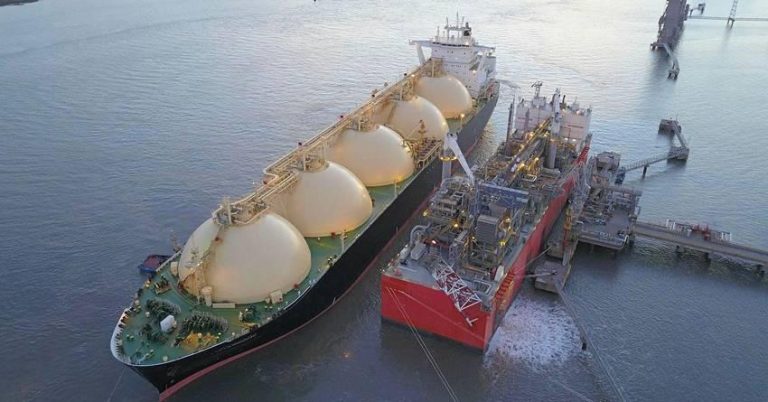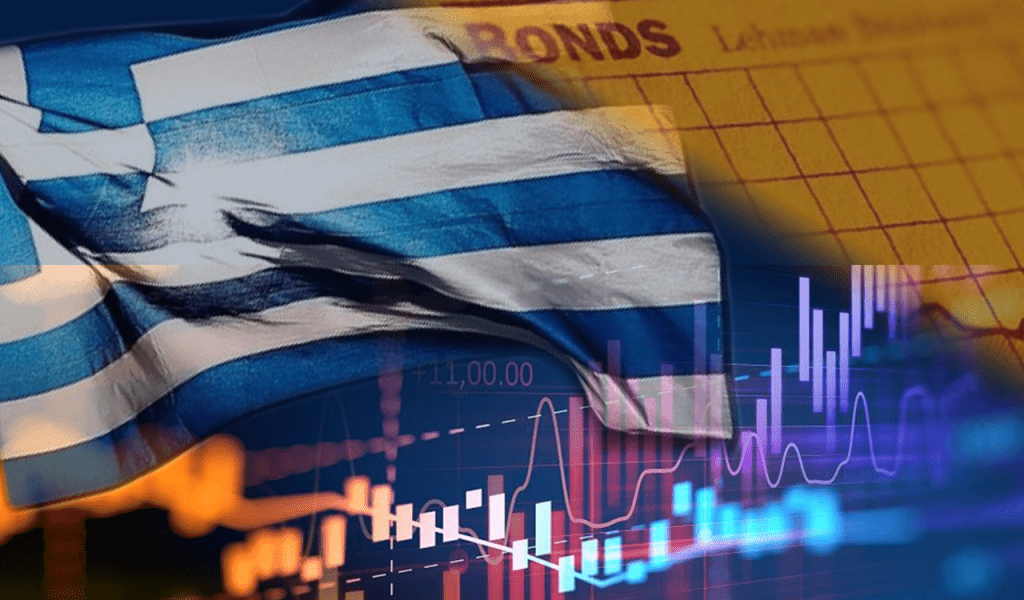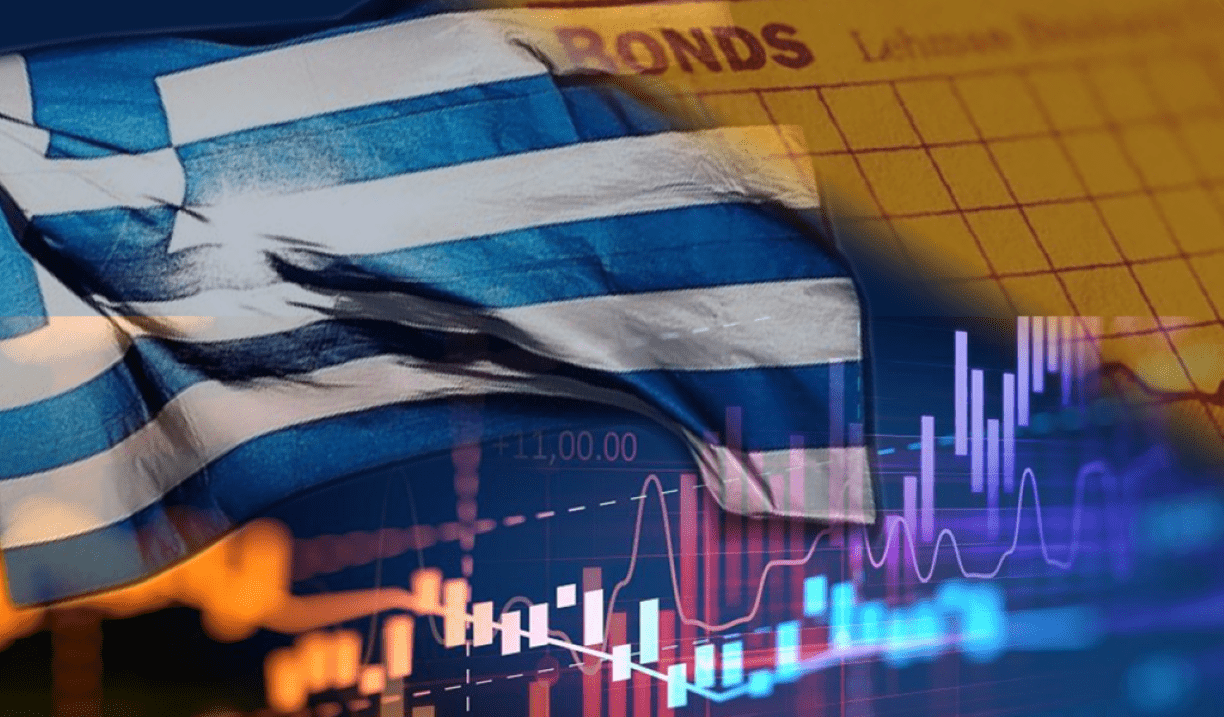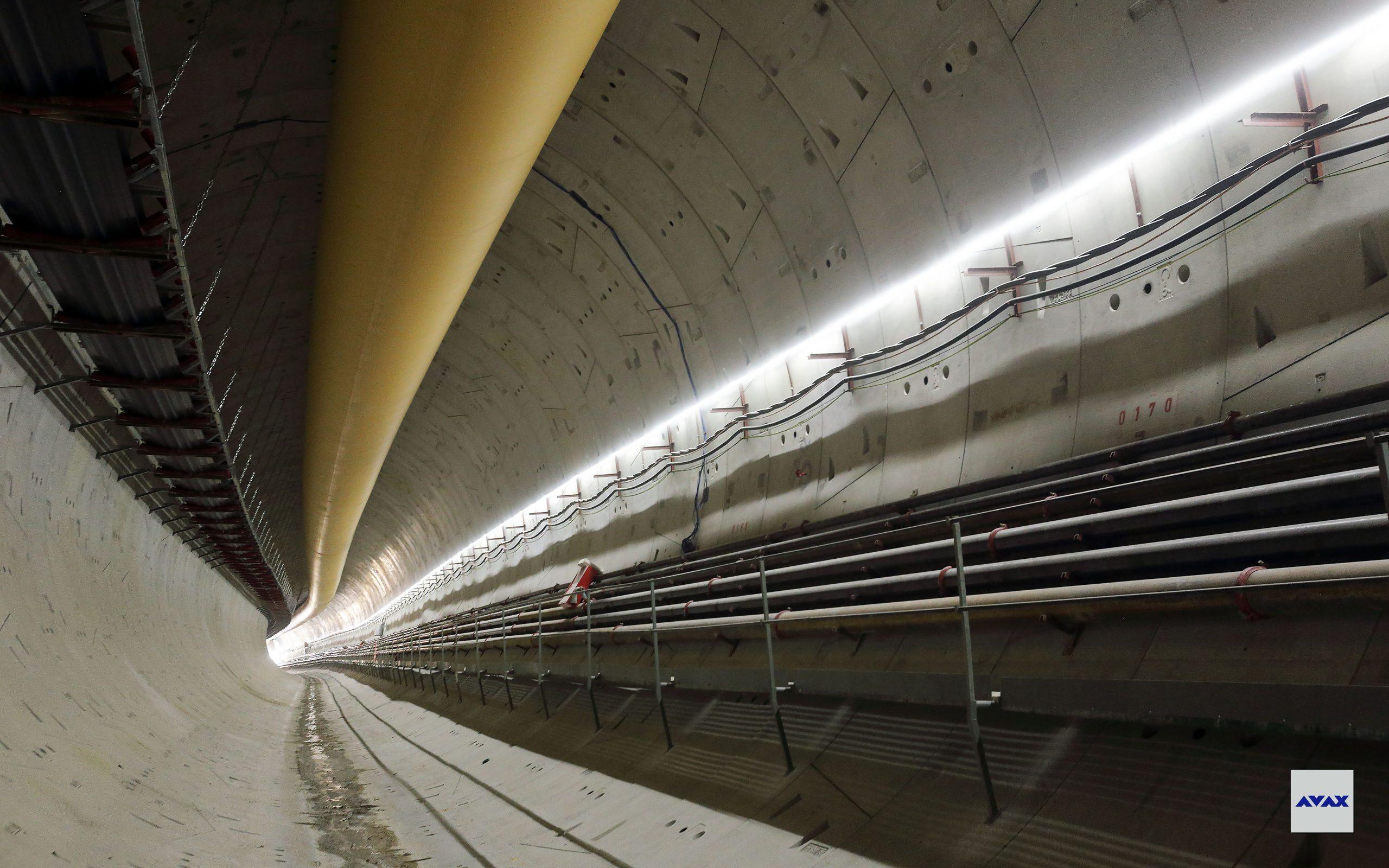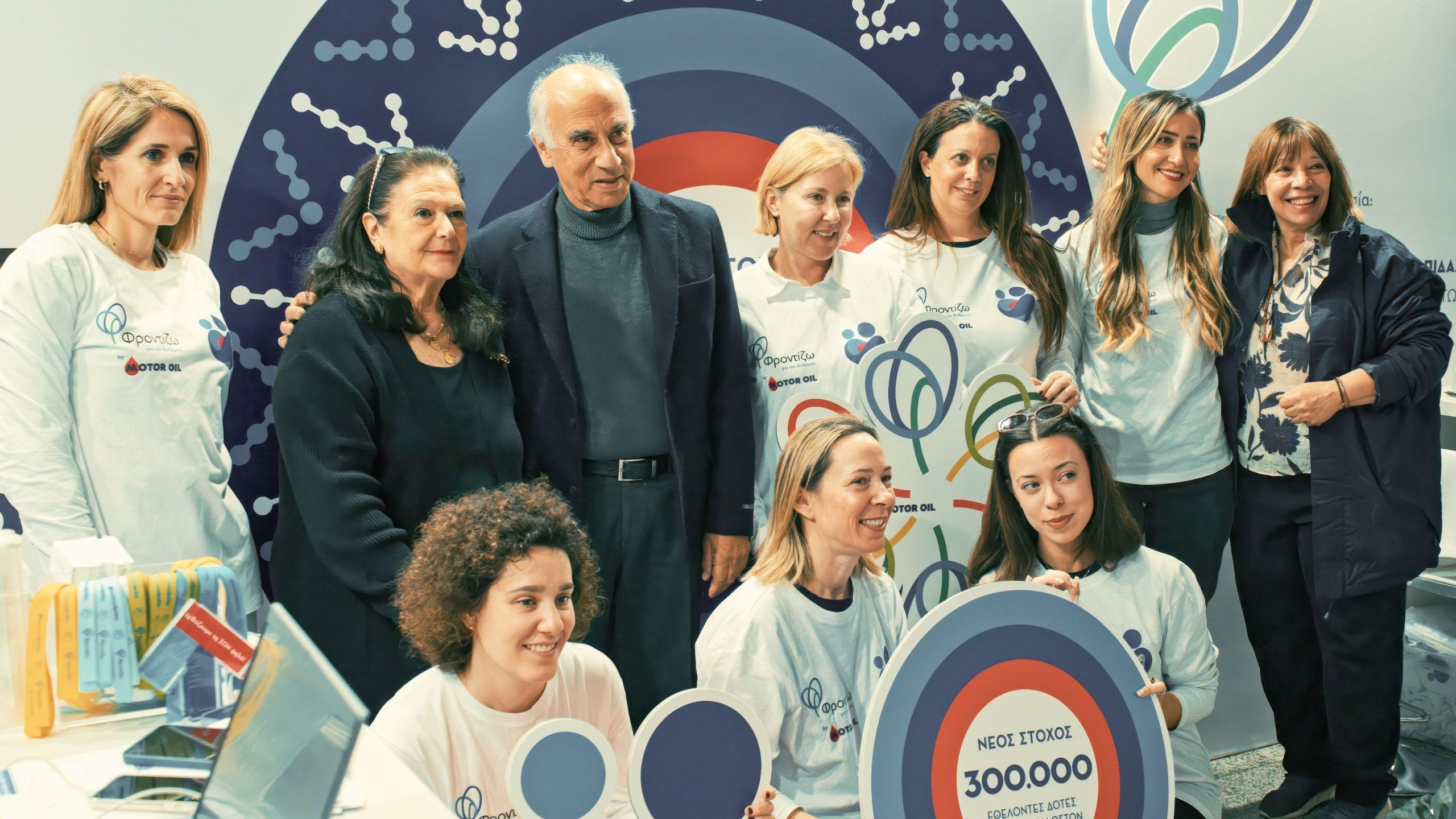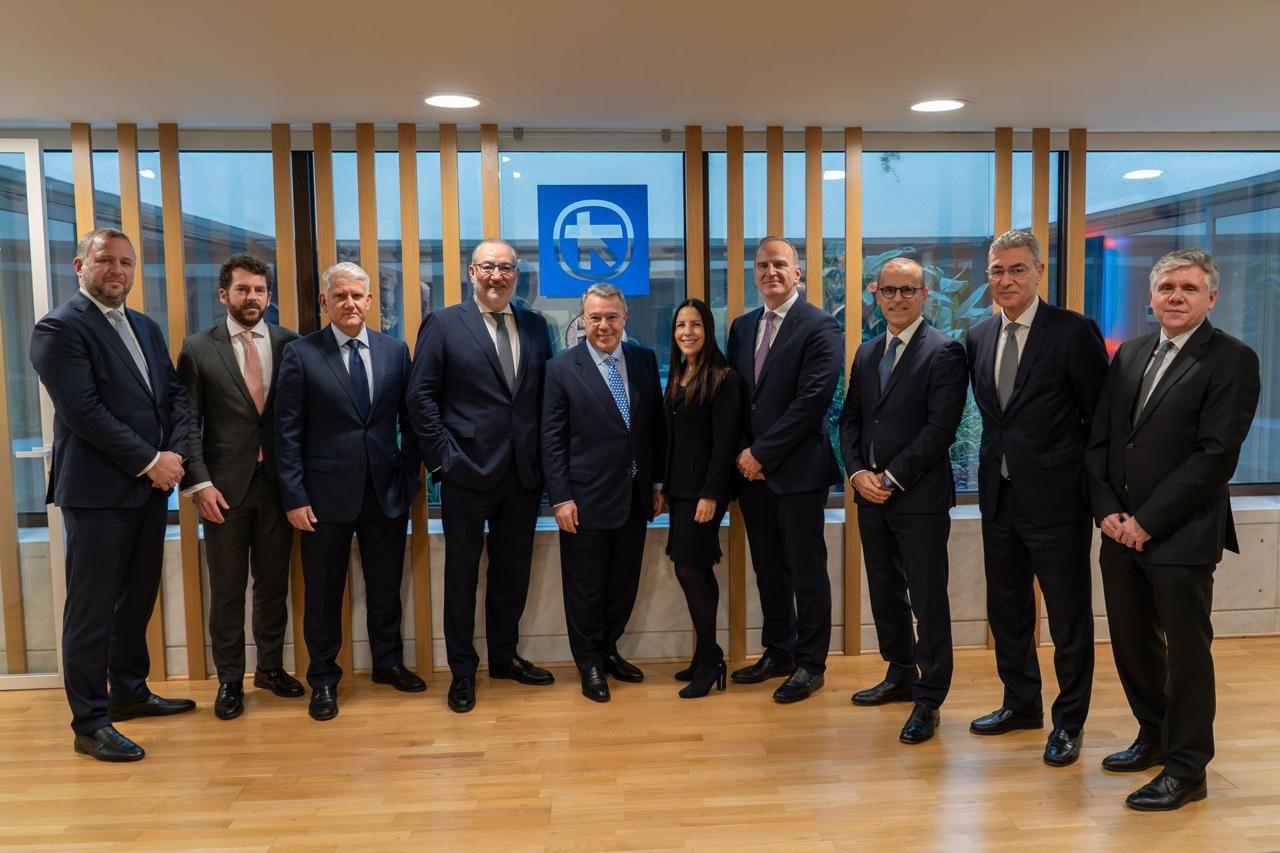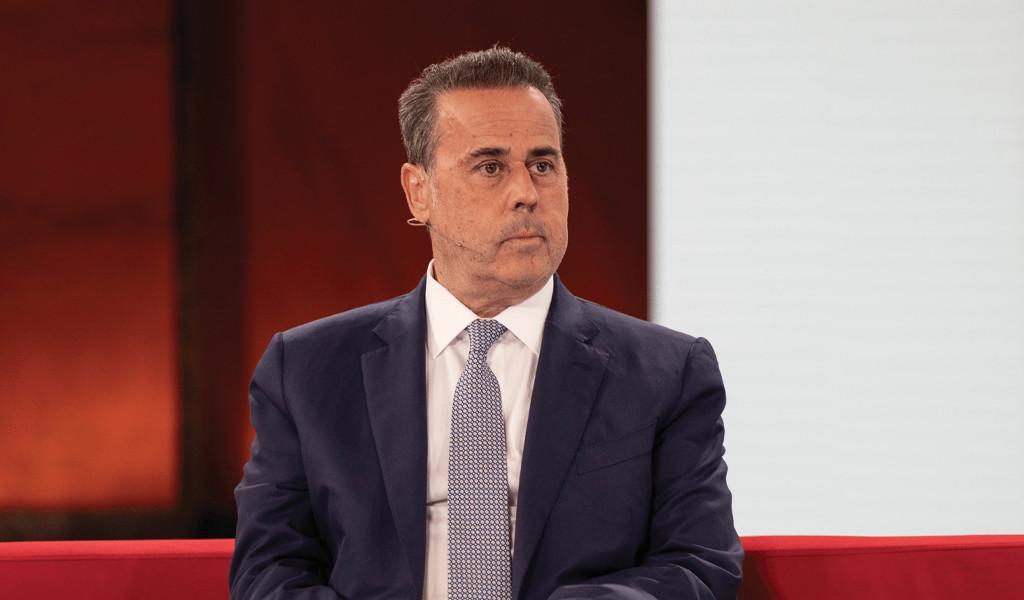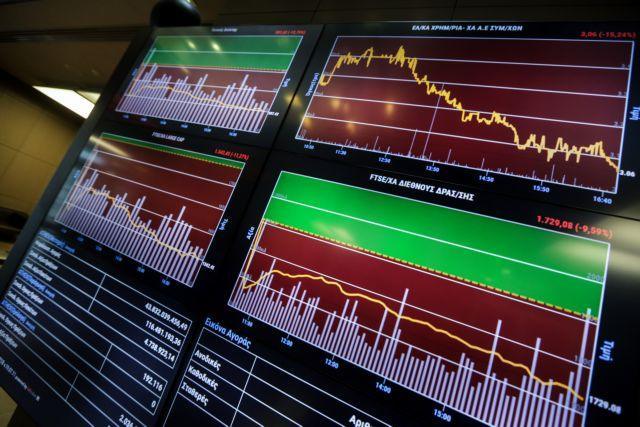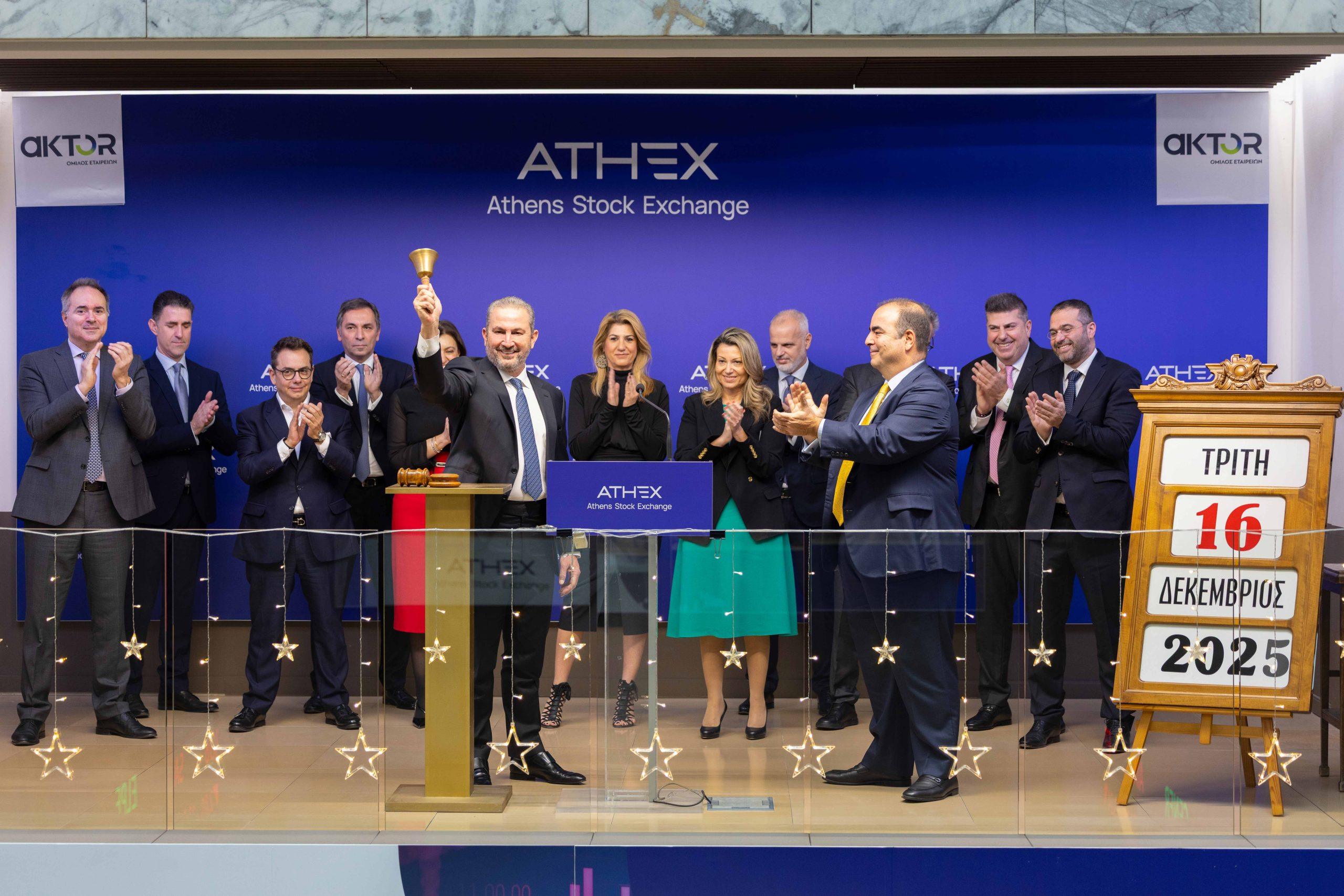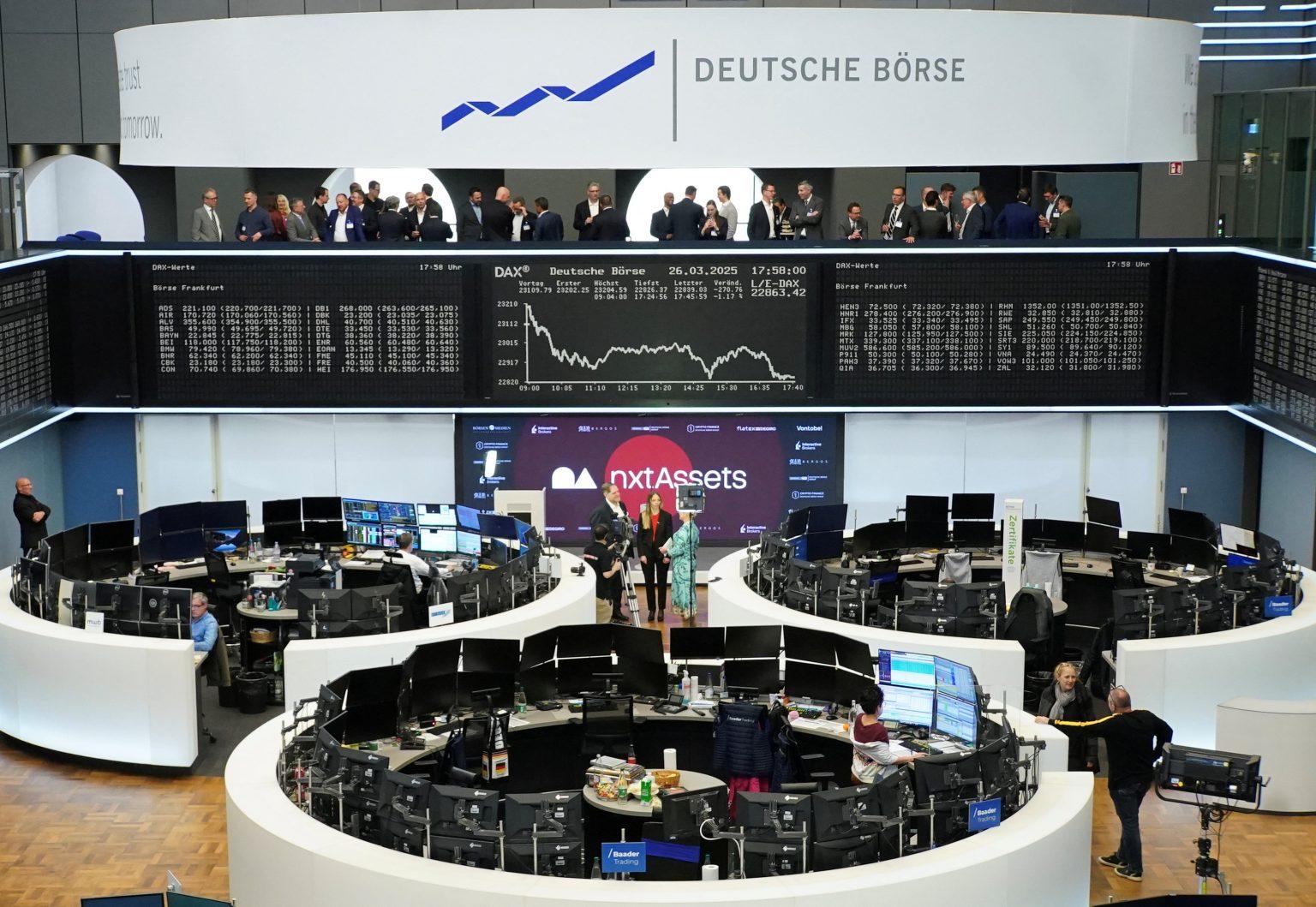The July PMI survey data showed another significant improvement in the condition of the Greek manufacturing sector, which was supported by the continuous production and increase of new orders.
Specifically, IHS Markit’s main supply chain for the manufacturing sector in Greece PMI closed at 57.4 points in July, slightly lower than the 58.6 points in June.
It is noted that the recent improvement in the operating conditions of the Greek manufacturing sector was the third fastest recorded in more than 21 years and was generally significant despite the fact that the main index fell to a three-month low.
The sharp increase in production at the beginning of the third quarter contributed to the sharp rise in the price of the main index. The rise in production was supported by the steady increase in demand from customers as the restart of the economy continued. With the exception of the recent high price in June, the growth rate of production was the fastest recorded since February 2020. Nevertheless, some companies noted limited production capacity due to severe shortages of raw materials.
Although the growth rate of new orders weakened from the price observed in June, it remained broadly strong. The increase in new sales was linked to the further restart of the domestic economy and key export destinations. It is noted that the increase in output prices after the launch of the cost burden put pressure on competitiveness. At the same time, new export orders increased steadily.
Serious supply chain disruptions and raw material shortages have led to a faster accumulation of the volume of work to be recorded since the data collection began in November 2002. Despite the steady increase in employment rates, pending accelerated. Many companies also saw a decline in finished goods inventories as current inventories were used to meet the needs of new orders. The decline in finished goods stocks was the sharpest ever recorded in 2021.
The deteriorating rate of supplier performance, which reached record levels, also resulted in a significant increase in input prices during July. The growing global demand for inputs and shortages on the part of suppliers have led to one of the fastest cost increases in the history of this type of research, as companies have tried to pass on part of the cost increase to their customers. However, efforts to maintain competitiveness meant that the rate of increase in charges declined to the slowest in three months.
Concerns about the stability of future supply flows and input prices have had a negative impact on business confidence. The level of optimism declined, recording a four-month low, although it remained particularly strong. Finally, market stocks continued to decline moderately in July, as input markets again rose significantly.
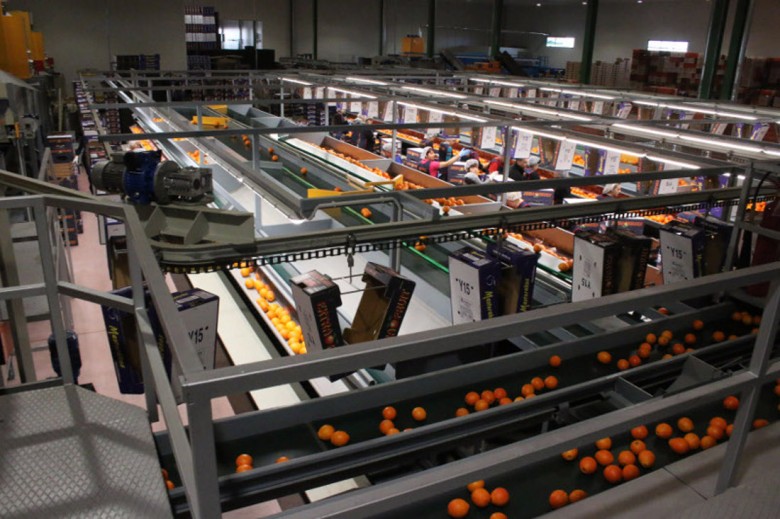




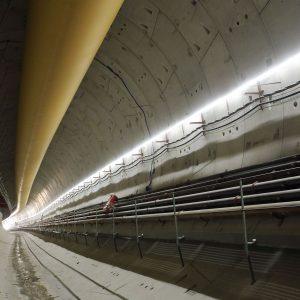





![Χρυσές λίρες: Πλησιάζει τα 1.000 ευρώ – Πού πωλούνται στην Ελλάδα [πίνακες]](https://www.ot.gr/wp-content/uploads/2025/07/ot_lires25.png)

